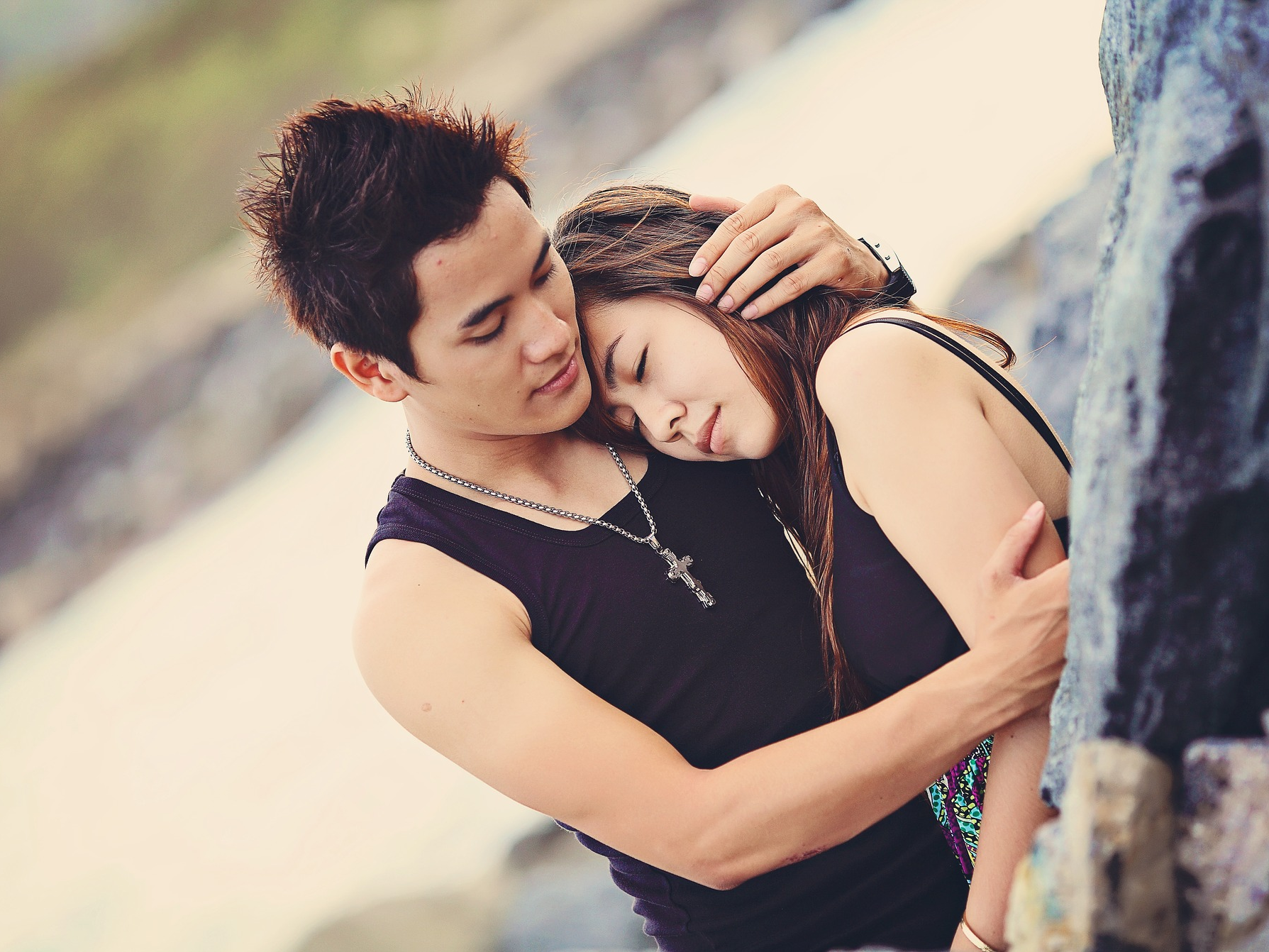- Some people have very high levels of empathy.
- But if they take on everyone else’s baggage all the time, it can lead to an “empathy burnout.”
- This is essentially like running out of fuel to care.
- To stop this, they need to learn to be discerning and build strong boundaries.
- As psychologists say, you can’t honour someone else properly unless you honour yourself.
Empathy is a really great thing. It helps us become better people by understanding and relating to other people’s emotions, and sympathise with what they are going through.
But if you are in tune with too many people’s emotions too much of the time, you may experience “empathy burnout,” which is when you get completely overwhelmed and exhausted by always taking on everyone else’s baggage.
“It’s almost like another person’s emotions or physical sensations even become contagious,” Perpetua Neo, a doctor of psychology, told Business Insider. “We’re talking about having an energetic boundary. There isn’t one and you take it all on. If you get burnout, you tend to stop feeling so empathetic, and you can go the other way.”
Empathy can become kryptonite, and it can start to cause you harm. But it can be a challenge to take a step back from it because people with high levels of empathy sometimes believe part of caring for others is suffering yourself.
This isn't true, and caring for others isn't synonymous with feeling pain. If you start to wear your empathy like a badge of honour, and blame your caring nature for every time you get hurt, Neo said it has essentially become your biggest burden.
"Really importantly, [people] don't ask themselves, 'who am I if I don't take on other peoples' pain?' Because it has become confused with their identity," she said.
"Perhaps they are seen as the listener of the group, the agony aunt of the group, and they don't know who they are without it. So they take all that bad stuff - the burnout, the contagion, all the pain, all the over-giving, and being around bad people - they think that is part of the price to pay."
Some people may over-give because they were taught to do this by their parents. For instance, some very religious communities are focused on giving until it hurts, Neo said. Or, in some cases, people might empathise to the extreme because they were in an abusive relationship, or had narcissistic parents, and it's a habit they fell into to make the rage go away.
Reining in your empathy can make it more powerful
You can learn to use empathy as a superpower, Neo said, and the journey starts by being discerning. Sometimes people are irritating, or thoughtless, and it feels like they are dragging you down. Part of learning to use empathy effectively is recognising these facts and not beating yourself up over noticing them.
We are taught from a young age not to be judgmental of others. But there is always a limit, and judgment is actually essential for survival, according to Neo. Taking a step back from someone who is draining you of energy isn't selfish when you are starting to find their actions detrimental to yourself, she said.
"Paulo Coelho said 'we all have one foot in a fairytale, and the other in the abyss,' and I think that is essentially what our lives are about," said Neo. "You can judge what some people are about. Nobody is perfect and that's ok. Write down your worst thoughts. Be cool with that fact. It will help you to be discerning and that will help you shepherd and grow empathy in a way that suits you."
Having too much empathy can also mean you don't grow your boundaries effectively. You let other people drain you because you haven't drawn a line in the sand which people can't cross. This is particularly important for those in caring professions, Neo said.
"So if you're a councilor, working as a nurse, working in a trauma centre, or if you are a listening ear in your friendship circle, you can end up having vicarious traumatisation, or what they call 'compassion fatigue,'" she said. "What's really important here is putting boundaries up for others. You need to choose to not take on somebody else's pain."
Otherwise you become a magnet for other people's stories, she said. Actually detaching yourself from them can make you a better listener, because you don't take on their pain, so you're not triggered by their story, and you don't confuse your own ethos and feelings with theirs.
"It doesn't mean you don't feel empathy, but it means you allow yourself to have that distance, and that actually makes you a wiser and better person," Neo said. "There is no shame in knowing that. When you can be detached sometimes, you model resilience for that person... If you honour yourself, you can honour somebody else better."
Essentially, you can be empathetic in a healthy way by saying to yourself: "This is how I want to live my life because this is what I don't want done to me." Neo said it means rather than the golden rule - "do unto others as you would have them do unto you" - there is a more shrewd way to approach life.
"How do you know what others want done to them?" she said. "I think more important is the silver rule: don't do unto others as you would not have them do unto you. And that makes life a lot easier."

